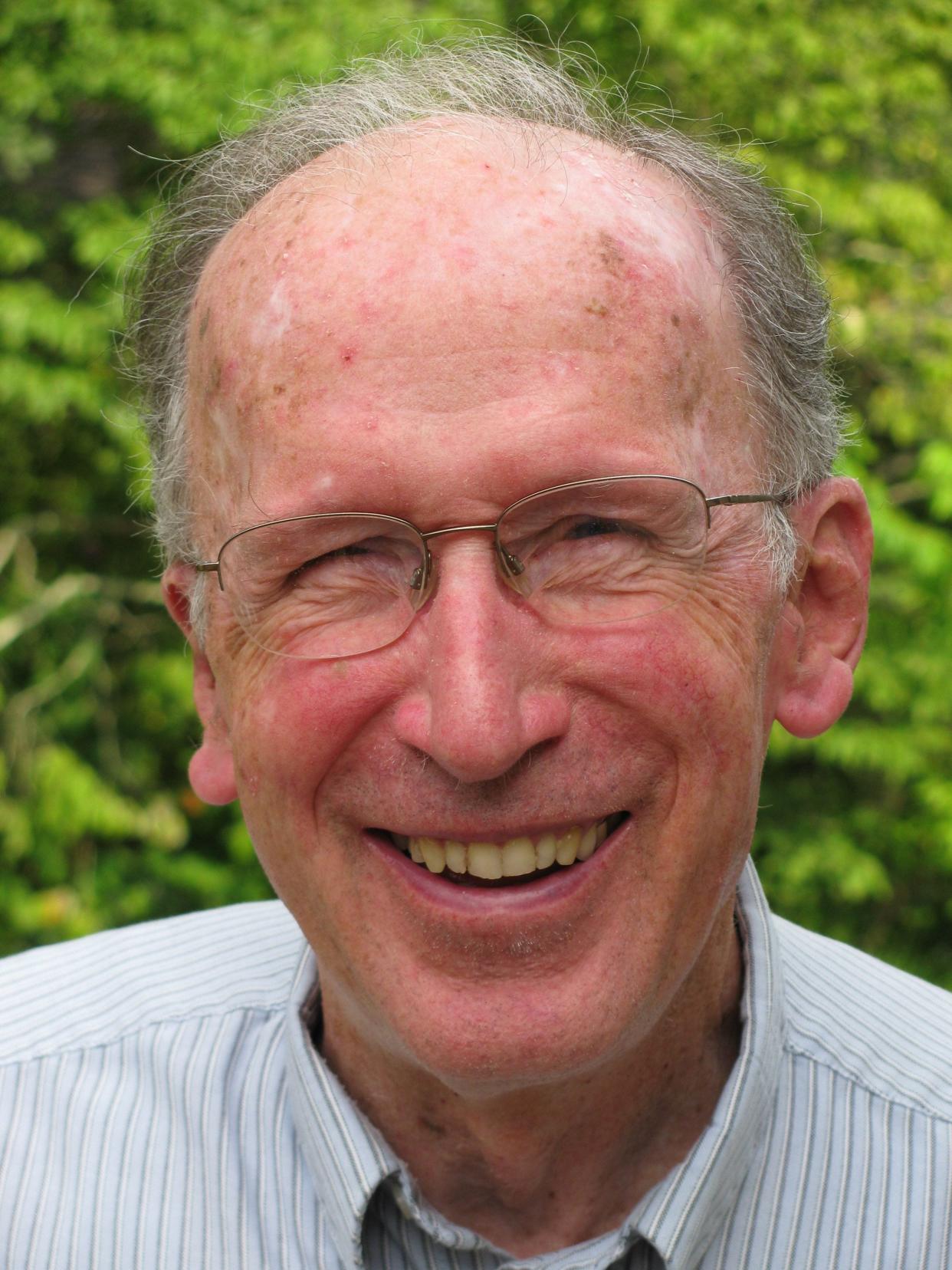Opinion: Good people with racists viewpoints can still be good people. Right?

I was puzzled by something when I graduated from college in 1950. I knew people (some were relatives) and met many more people whom I respected and loved, but who had views supporting racial segregation that I believed were clearly wrong. These people were kind and gracious to me and to most people they met. However, their views favoring segregations supported an evil system. This was the era when segregation was being dismantled, but with major opposition with riots, threats, and murders. The only solution to my confusion (cognitive dissonance) was to separate persons in my thinking from the culture of racial segregation that was so cruel and evil. The persons I knew were good people personally, but they supported a system very harmful to African American people.
I went overseas to work in 1956 and was thus relieved from many of the conflicts my minister colleagues felt during the days of desegregation when some elders of churches would block African Americans coming to church. Some people I knew left the denomination because it favored school desegregation. When I studied the social sciences, I encountered the concept of “culture.” I learned about the power that culture exercised over people’s ideas and behavior, including my own. It helped me to realize that the people I loved were under the influence of traditional Southern American white culture.
We can look back in history and see good people involved in evil actions. A classic example for me is Robert E. Lee. I admired him when I was young and even knew the name of his horse, like many Southern white children. But I eventually had to admit to myself that although he was a strong leader, he led an attempt to preserve an evil system. Yes, it was evil, even though some of the individuals, like Robert E. Lee, who were under the influence of Southern culture were not necessarily individually and personally evil. Nevertheless, many white people influenced by their culture, acted with violence against those promoting desegregation. Some people carried out murders. We have seen the horrendous pictures of whites celebrating at lynchings. The majority of white society was guilty of tolerating the system of cruelties and evils of first slavery and then in my time, segregation. We can now see the wrong of an unconscious acceptance of a cultural system. Authorities tried to feel less guilty by promoting “separate but equal.” Fortunately, the Supreme Court corrected itself on this fallacy in 1954 after first approving it in 1896.
To realize the evil of segregation, think about the African American children that were given a distorted view of themselves and others like themselves by what they experienced. Probably the harshest words that Jesus ever spoke was about those who harmed children. He said they should have a mill stone tied around their neck and thrown into the sea. (Mentioned in three Gospels: Matthew 18:6; Mark 9:42; Luke 17:2.) Two thousand years ago, the Bible recognized our imperative to “wrestle” against the “powers of this present darkness” (Ephesians 6:12) which I believe to be the power of cultures to move people in wrong and evil directions. We need to struggle with their influence and continually change harmful cultural influences and, sometimes, our own ideas.
In one sense all people, especially Christians and others of good will, need to be “counter-cultural” to separate what is constructive from what is harmful. A good guide to go by is to judge what is harmful in culture, especially to children and those who have less power than others. The major culture or subculture that is harmful to large numbers of people is often a status quo sub-culture from the past that is comfortable to people with power. America has been chipping away at evil subcultures of discrimination for some time, but recently white people have been made to feel threatened, which has energized an extremist sub-culture.
Because of their individualism, Americans have difficulty accepting corporate guilt. But just as there is corporate guilt, corporate bodies can make corrections and reparations. This is the purpose of social justice movements, which democracies allow, as long as they are peaceful. Nevertheless, people oppose justice movements when they seem contrary to traditional culture. Knowledge of history and the social sciences are helpful in recognizing true and false “justice movements,” but experience and common sense are needed and good will toward all people in order to support “liberty and justice for all.”
Rev. Dr. Robert L. Montgomery is a Presbyterian minister with a degree from Emory University in the Social Scientific Study of Religion.
This article originally appeared on Asheville Citizen Times: Can good people with racists viewpoints still be good people?

